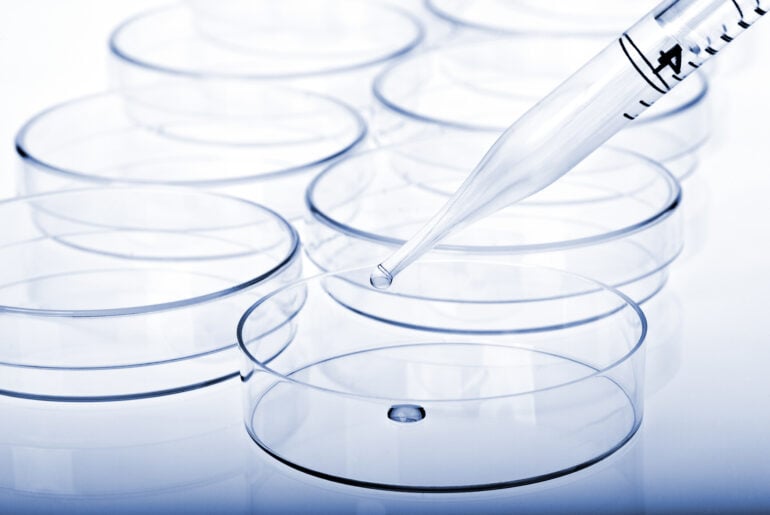Today the European Commission has finally published its Proposal to revise the EU Pharmaceutical legislation, the most momentous reform for over 20 years. This is an eagerly anticipated overhaul of the EU’s pharmaceutical system that has generated a lot of debate and concern since earlier leaked documents showed the far-reaching effect of the measures that were being considered and the impact these could have on the industry.
The review is part of the EU’s Pharmaceutical Strategy for Europe, and its aim is to make medicines more available, accessible and affordable whilst at the same time supporting innovation and boosting the competitiveness of the EU pharmaceutical industry.
The proposal consists of two legislative initiatives:
- A new Regulation replacing and amending current Regulation (EC) No 726/2004
- A new Directive replacing and amending current Regulation 2001/83/EC
It also includes a Council Recommendation on antimicrobial resistance
Key elements of the proposal:
Modulated system of incentives
One of the most significant elements of the Commission’s Proposal is the reform of the incentives for innovation.
The Proposal foresees a 2-year reduction of the standard period of regulatory data protection (the Commission clearly noting that it aims to promote faster availability of generics and biosimilars). In exchange, there will be opportunities for additional periods of data protection when certain conditions are met:
- 2 additional years[1] of data protection if the medicine is released and supplied in sufficient quantity and in the presentations needed to meet demand in all Member States covered by the marketing authorisation within two years from the date the marketing authorisation was granted (or within 3 years for SME’s, (groups of) entities with less than 5 centralised marketing authorisations or non-profit entities)
- 6 additional months[2] of data protection if the medicine addresses an unmet medical need
- 6 additional months of data protection for medicines containing a new active substance, where comparative clinical trials are conducted
- 1 additional year of data protection for a new therapeutic indication approved during the period of data protection and if supported by data that shows a significant clinical benefit over existing therapies. This prolongation may only be granted once
The current 2 years of market protection will be preserved following the expiration of the data protection period.
Finally, the Proposal also foresees a new 4-year period of data protection for new indications of repurposed medicinal products provided that the indication is of significant clinical benefit and that the medicine has not previously benefitted from data protection, or 25 years have passed since the granting of the initial marketing authorisation.
Orphan market exclusivity
For orphan medicines, the standard period of orphan market exclusivity is reduced from 10 to 9 years. Well established use orphan medicinal products will be granted 5 years.
Additional periods of orphan market exclusivity may be available under specific circumstances.
- 1 additional year for medicines addressing a high unmet medical need
- 1 additional year if the medicine is released and supplied in sufficient quantity and in the presentations needed to meet demand in all Member States covered by the marketing authorisation within two years from the date the marketing authorisation was granted (or within 3 years for SME’s, (groups of) entities with less than 5 centralised marketing authorisations or non-profit entities)
- 1 additional year for a new indication of an already authorised orphan medicine. This prolongation may be granted twice if the new therapeutic indications are for different orphan conditions
The Commission is keen to flag that if these conditions are met orphan market exclusivity periods can add up to maximum 13 years while today the maximum is period of orphan market exclusivity is 10 years.
However, the devil lies in the detail when examining these provisions and it will be important to carefully examine the definitions of unmet medical need and high unmet medical need provided in the Proposal as well as the requirement to release and supply in sufficient quantity.
Access to medicines
The Proposal aims to ensure equitable access to medicines across all Member States and introduces in that regard an obligation on marketing authorisation holders to ensure appropriate and continued supplies of their medicinal products as well as stronger and earlier reporting obligations.
There is also strong emphasis on addressing shortages and ensuring security of supply. Marketing authorisation holders have a duty to prepare and keep up to date shortage prevention plans for their medicines and competent authorities shall draw up lists of critical medicinal products.
Other significant measures
Other measures foreseen in the Proposal include a simplified committee structure within EMA and faster authorisation procedures.
There are also a large number of provisions aimed at ensuring protection of the environment, as well as measures to encourage prudent use of antimicrobials, including the much-debated transferable data exclusivity voucher for priority antimicrobials.
What next?
The Commission’s Proposal initiates the legislative process. It will now be discussed by the Parliament and the Council. The Commission notes that the discussions will start “as soon as possible” but that it is not possible to predict the timing of adoption at this stage.
The EU HTA Regulation[3] took almost four years to adopt: Certain aspects proved to be very controversial, but it had a narrow scope. This reform has a much wider scope and opposing views between Member States are emerging. It should be no surprise if its passage through the institutions takes longer.
We will be scrutinising the Commission’s Proposal in greater detail in the days to come and providing further updates.
[1] Up from 1 year compared to what was foreseen in the leaked draft proposal.
[2] Down from 1 year compared to the leaked draft proposal.
[3] REGULATION (EU) 2021/2282 of the European Parliament and the Council of 15 December 2021 on health technology assessment and amending Directive 2011/24/EU.



